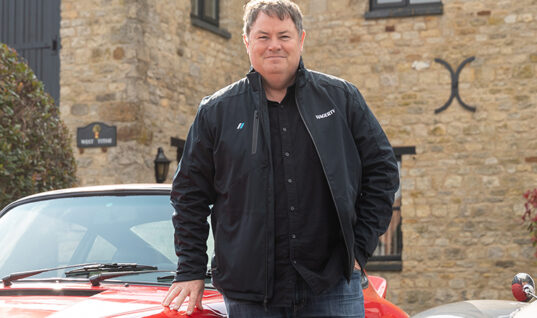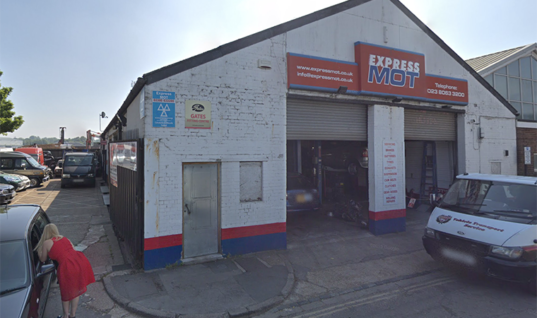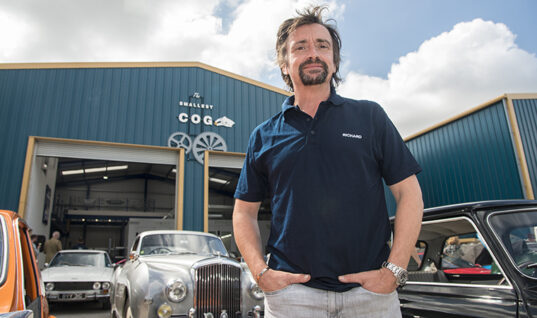MAHLE has developed two standardised air filter solutions for fuel cells.
Thanks to this new modular approach, MAHLE is able to significantly reduce development times and costs,with developers now having direct access to a fully developed “off-the-shelf” component instead of having to design individual solutions for each vehicle.
The new MAHLE air filters for cells with an output of 25–50 kW or 80–120 kW reliably protect fuel cells from harmful gases and particles, ensuring the operation of the fuel cell over the entire service life of a vehicle and minimizing the use of expensive catalysts.
GW Podcast: Vehicle electrification and what it means for independent garages
Hydrogen and therefore fuel cells themselves are important elements of MAHLE’s development work toward CO2-neutral mobility.
Dr. Martin Berger, head of corporate research and advanced engineering at MAHLE said: “MAHLE has extensive expertise in air filtration, which we’re now benefiting from in the development and production of reliable filter solutions for fuel cell vehicles.
“By making the design of the air tract simpler, faster, and cheaper with our new standardized approach, we’re bringing the suitability of this future technology for the mass market a significant step closer.”
Fuel cells contain platinum as a catalyst, which is used to convert hydrogen and oxygen into water, with the energy generated in the reaction being released in the form of electrical energy.
Related: Powertrain details released for BMW i Hydrogen NEXT
The fewer harmful gases entering the cell, the less platinum is needed to ensure that it remains operational over the service life of the vehicle.
Platinum is rare and expensive, so using efficient filters to increase the degree of purity of the supply air means lower manufacturing costs.
In order to reliably protect fuel cells and thus make them attractive to the consumer from a price perspective, MAHLE relies on a highly effective filter medium consisting of several layers: a substrate material ensures mechanical stability, while a particulate filter layer blocks 99.9 per cent of unwanted particles.
A molecular layer prevents ammonia from entering the fuel cell, an activated carbon layer absorbs unwanted hydrocarbons, and an additional, specially impregnated activated carbon layer stops sulfur dioxide, hydrogen sulfide, and nitrogen oxides from reaching the cell.
MAHLE uses its holistic systems competence in thermal and air management, power electronics, and filtration to support the development of vehicles with fuel cell drives that are suitable for large-scale production.







